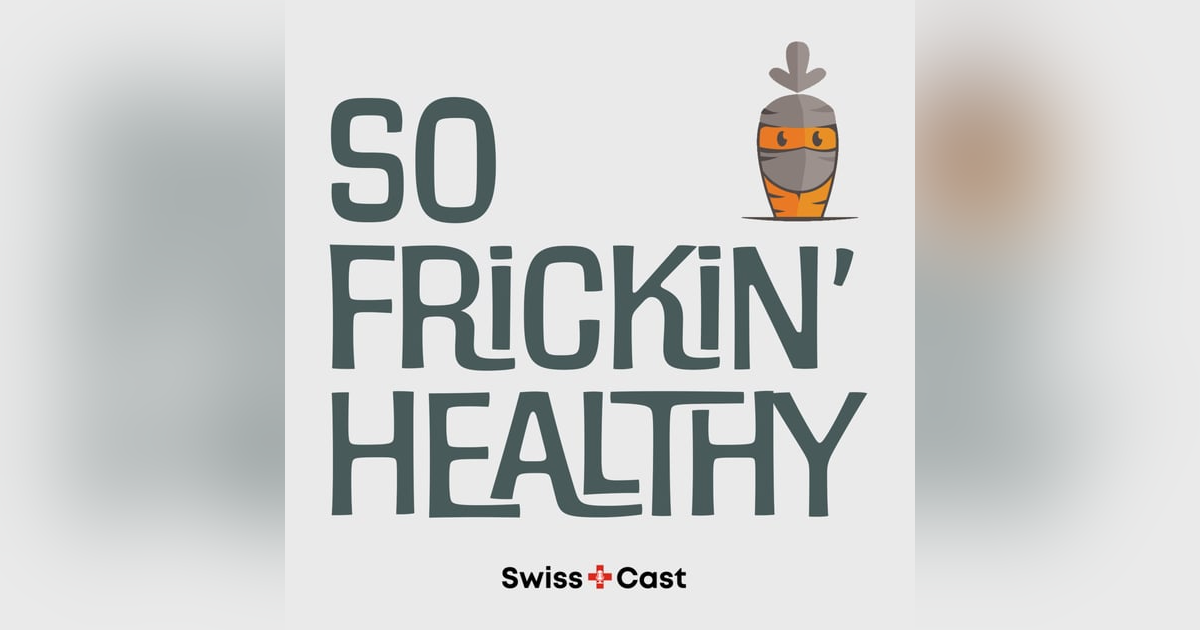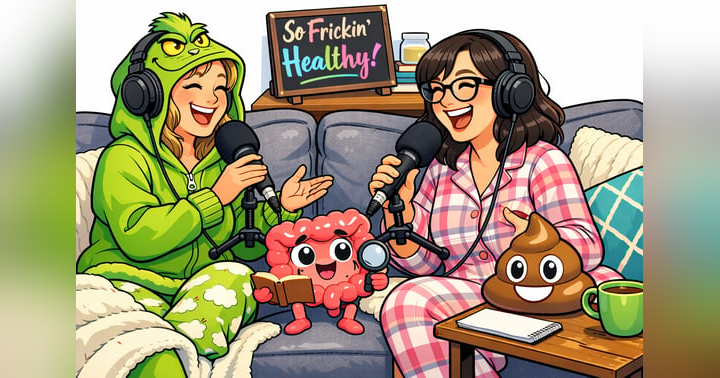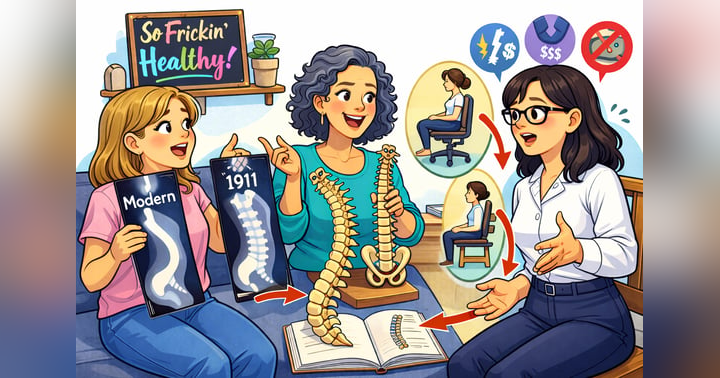Psychedelics for Healing: Why We’re Finally Talking About It
Okay, let’s talk about the thing everyone’s kind of curious about but still whispering like it’s 1974: psychedelics.
No, we’re not talking about tripping out at a rave. We’re talking about science-backed, therapist-guided, trauma-healing medicine. And in this episode, Megan and I sat down with one of the world’s leading voices in the field—Mark Haden, former head of MAPS Canada and current ketamine clinic director—to get the full download.
If you’ve ever felt like traditional meds just aren’t working, or you’ve heard whispers about MDMA or ketamine being used in therapy, this episode is your roadmap. And yeah, we went deep.
💥 First of All: Psychedelics Are Not What You Were Taught
You were lied to in the '80s. So was I. Remember those “this is your brain on drugs” ads? That was propaganda. And unfortunately, that propaganda kept us from healing for decades.
Mark explained the actual history: psychedelics were used for centuries by indigenous cultures—safely and spiritually. But the hippies (don't come at us) co-opted them, the government panicked, and next thing you know, they’re illegal, misunderstood, and lumped in with actual harmful drugs.
Meanwhile, the science? It’s been saying for years: these things work.
💊 MDMA, Ketamine & Psilocybin: Who’s Who in the Psychedelic Lineup
Here’s the quick breakdown:
-
MDMA (aka Ecstasy) is about to be legalized for PTSD therapy in the U.S. It’s shown up to 82% success rates. That’s not a typo.
-
Ketamine is already legal in lower doses for depression and chronic pain. Mark runs a clinic that uses it with incredible success.
-
Psilocybin (aka magic mushrooms) is next in line, especially for depression and end-of-life anxiety.
Bonus points for nerds: we also touched on 5-MeO-DMT, 3-MMC, and other emerging molecules. The science is exploding.
🎧 Set, Setting & Safety: Why This Isn’t About “Getting High”
You know how people say “it’s all about the vibes”? With psychedelics, that’s literally true.
Mark drilled into this: the biggest predictor of a good outcome is set (your mindset), setting (your environment), and safety (trained supervision).
That means:
-
No, you shouldn’t take mushrooms at a pizza joint with your bros.
-
Yes, you should be with a therapist. On a couch. With eye shades, music, and intention.
-
And hell yes, dosage matters. More ≠ better.
🧠 Why It Works: The “Fresh Powder” Analogy
This part blew my mind. Mark explained that trauma creates grooves in the brain—like ski tracks down a mountain. Psychedelics let you pause at the top of the hill, see the pattern, and choose a different route.
Over time, the snow falls on the old tracks. You’re not erasing your past. You’re creating new ways forward. Tell me that’s not poetic.
😱 But Is It Safe? Addictive? Dangerous?
The short answer? Safer than alcohol, tobacco, or even caffeine.
Seriously.
Mark laid it out:
-
Most psychedelics are not addictive.
-
People don’t want to take them repeatedly.
-
Even underground use (though not ideal) is often more responsible than the legal stuff we hand out like candy.
He did caution that untrained guides can be dangerous—and that’s why he wrote an actual manual for psychedelic guides. So yes, this is being done responsibly. Or at least, it should be.
💸 Access, Insurance & the Big “WTF” of Healthcare
Let’s talk systems. Because my blood was boiling hearing how many people could be helped, but aren’t, because access is limited.
-
In Canada: Psychedelics may be fully covered soon (yay socialized medicine).
-
In the U.S.: TBD. But research shows it’s cheaper to heal people than keep them sick. So maybe insurance will catch on. Someday. Hopefully.
The problem? These therapies take time, training, and two therapists per session. So yeah, they’re expensive. But again—would you rather pay upfront, or spend decades managing symptoms?
🧠 What About Alzheimer’s, Chronic Illness & Microdosing?
Yes, researchers are curious about psychedelics for Alzheimer’s. No, the data isn’t in yet. But early signs are promising.
And microdosing? Still controversial. Some people swear it boosts mood, focus, and creativity. Others say it’s just placebo. But honestly? If placebo helps and has no side effects… do we care?
🔥 Danna’s Real Talk Moment
As someone who’s lived with depression for most of her life, hearing about these success rates—especially for treatment-resistant folks—makes me furious and hopeful.
Because if there’s something out there that works better than antidepressants (which, spoiler alert, work about as well as placebo), why the hell aren’t we using it?
Oh wait. Because it’s still taboo. Because we’re still letting 1980s fear-mongering dictate healthcare.
I’m over it. You probably are, too.
🎧 Listen to the full episode now on [Spotify / Apple / YouTube]
📘 Check out Mark’s book Manual for Psychedelic Guides on Amazon
🌱 If you’re curious, take his training and learn the safe way















